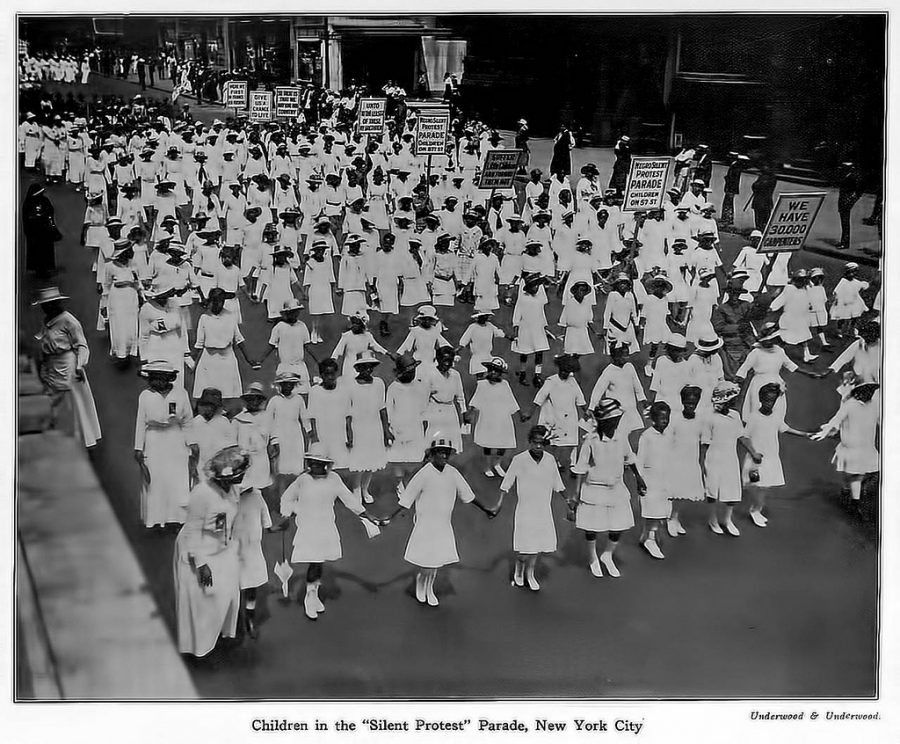The History Behind Black History Month
February 12, 2020
During February, most people often think of Valentine’s Day and the month of love while the rest are complaining because they are single. However, February we are also celebrating the Black History throughout America and the world. Black History Month is to recognize a race and a culture that have seen an unfair share of hardships and still face prejudice and discrimination to this very day.
Carter G. Woodson is known as being the “pioneer” of Black History Month. Woodson grew up having worked in coal mines with his family and taught himself to be literate as well as learning math and eventually being able to enroll in high school, where he graduated and then pursued a doctoral degree. Making the month of February Black History Month because two people he highly admired (Frederick Douglass and Abraham Lincoln) were born in the month of February.
Woodson wanted those of color to feel proud of their heritage even though it seemed like everyone was against them. Luckily, his idea became popular amongst the black community very quickly and by the 70’s many people of different cultures were embracing and recognizing one of our biggest cultures in the world.
Over time we have seen many influential people from the black community make an imprint on today’s society. From Nancy Green, Shirley Chisholm, and Winnie Mandela all the way to Zendaya or even former First Lady Michelle Obama. You may not even know who some of these people are.
Nancy Green was the first black corporate owner in America, starting her corporate chain in 1893. Green grew up as a slave in the outskirts of Lexington, Kentucky, in Montgomery County. She only got a certain percentage of the profits made by the people who owned her company. She eventually died in 1923 due to a car accident.
So, how come you’ve never heard of Nancy Green then? Well, Green is more commonly known as Aunt Jemima, which you might recognize if you’ve ever gone to the grocery store or if you’ve had pancakes before.
Shirley Chisholm was the first black woman to join the House of Representatives, making her a congresswoman. She was also the first African American woman to run for president for the democratic party. She was originally assigned to the House Forestry committee but demanded to be reassigned. Chisholm pursued her career of teaching after her terms had ended and continued to advocate for equal rights.
Even though that was a little over 100 years ago you can still find many and probably more than ever in our modern times fighting for equality and equity. We have more technology and more communication now than ever and we may not be all the way there, and may never be, but we are getting there. Our society is growing and evolving and we are more accepting than we have ever seen in history and with this, we celebrate the people who haven’t been justified throughout history and the minorities that have been underrepresented especially



